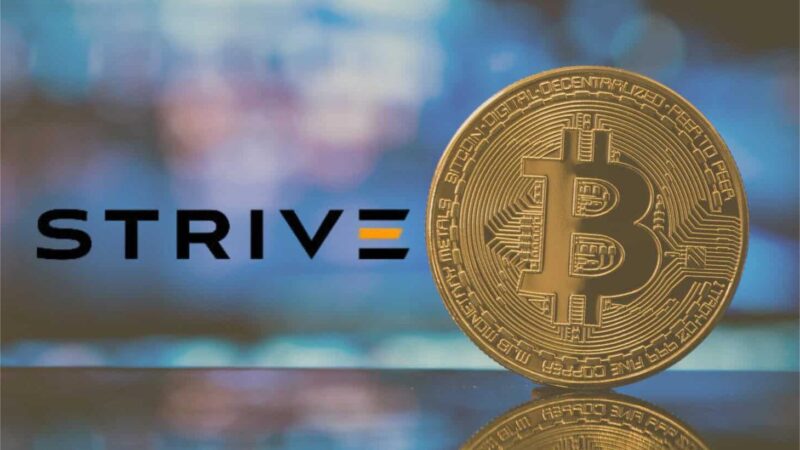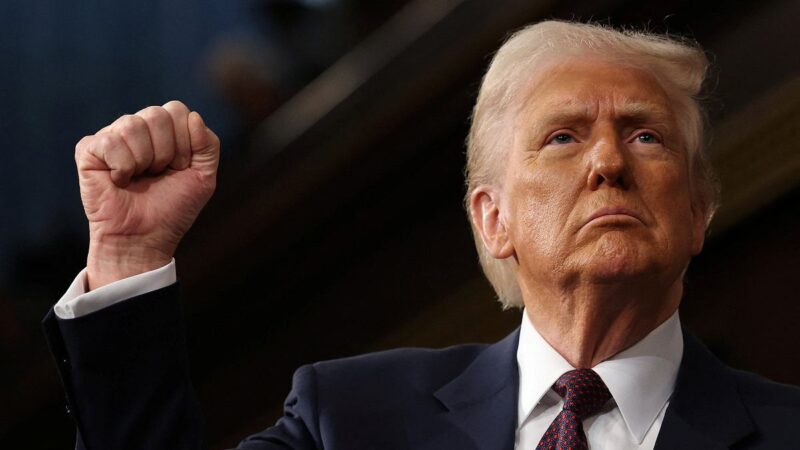SEC Streamlines Rules for Crypto ETFs – What Does It Mean for Bitcoin and the Market?

In September 2025, the U.S. Securities and Exchange Commission (SEC) announced a major regulatory change: a simplified approval process for spot crypto ETFs. This decision shortens the time and reduces the complexity of launching exchange-traded funds tied directly to cryptocurrencies such as Bitcoin, Ethereum, and potentially smaller digital assets. It marks another milestone in bringing crypto into the mainstream of global finance.
What Is Changing?
The key reforms introduced by the SEC include:
- Generic listing standards – Stock exchanges such as NYSE, Nasdaq, and Cboe Global Markets can now rely on broad criteria for crypto spot ETFs, instead of requiring case-by-case approval for each new product.
- Faster approval timeline – The maximum review period is being reduced from around 240–270 days to just 75 days for ETFs that meet the defined standards.
- Eligibility requirements – Funds must either track cryptocurrencies traded on regulated markets, hold positions backed by futures under CFTC oversight, or directly invest in digital assets with proper safeguards.
Potential Impacts
1. Surge in New ETFs
With simplified procedures, more asset managers are likely to launch crypto ETFs. While Bitcoin and Ethereum are the obvious frontrunners, this regulatory shift opens the door for ETFs based on other cryptocurrencies that meet SEC criteria.
2. Broader Access for Investors
Institutional players such as pension funds and asset managers — as well as everyday retail investors — will gain easier access to crypto exposure through regulated financial products. Investors will no longer need to handle private keys, set up wallets, or manage custody themselves.
3. Market Effects on Bitcoin
The entry of more ETFs could boost liquidity and demand for Bitcoin, potentially supporting price growth. Greater institutional involvement might also reduce volatility over time by deepening trading volumes, although short-term fluctuations will likely remain.
4. Risks and Challenges
- Compliance burdens – While rules are simplified, funds must still meet strict standards that could limit participation from smaller firms.
- Volatility – Crypto’s price swings remain extreme, and ETFs cannot shield investors from that risk.
- Regulatory uncertainty – Future shifts in U.S. or global policy could impact the stability and value of crypto ETFs.
Why This Matters
This decision signals another step in the institutionalization of cryptocurrency. Bitcoin is no longer just a speculative asset for tech enthusiasts — it is becoming integrated into traditional finance as part of regulated, mainstream investment products.
The streamlined process could accelerate the acceptance of cryptocurrencies as not only alternative assets but also potential reserve holdings and portfolio staples for investors worldwide.






 Bitcoin
Bitcoin  Ethereum
Ethereum  Tether
Tether  XRP
XRP  Wrapped SOL
Wrapped SOL  USDC
USDC  TRON
TRON  Lido Staked Ether
Lido Staked Ether  Dogecoin
Dogecoin